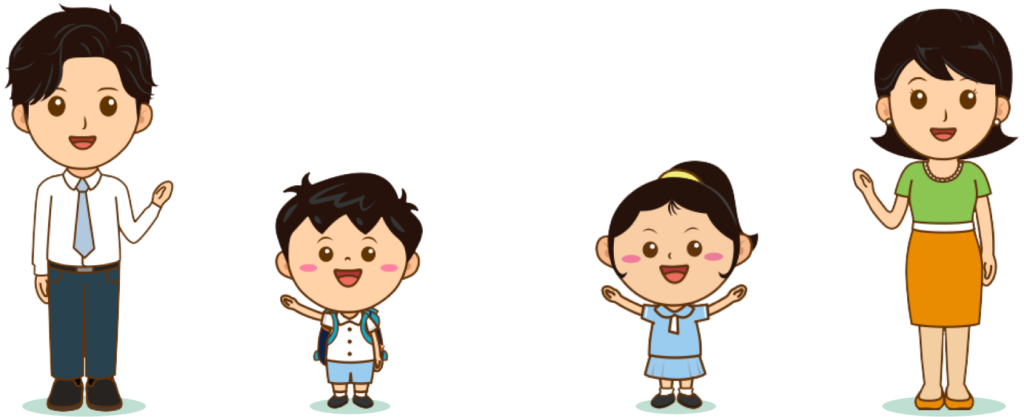
Written by: Dr. Cheung Kit
In this era, parents’ protection of their
children surpasses that of any previous generation. This may be due to the
decrease in the number of children and the improvement in living standards,
leading to parents spending more time and providing more comprehensive care for
their children. Under such (possibly excessive) protection, children often
become very self-centered and disregard the importance of others. From the
parents’ perspective, they are inevitably biased and more tolerant of their own
children. When faced with their children’s inappropriate behavior, parents tend
to make excuses for them. This common human behavior, however, may lead to
children becoming unruly. Therefore, in the difficult situation of balancing
right and wrong, if someone is willing to “offer help and guidance,”
parents should be grateful. The following are “important figures.”
1.
Teachers
Teachers are among the people who spend the most
time with children. We would prefer teachers to directly point out the rights
and wrongs to children during their daily interactions. This direct message can
effectively “sink in” for the children. Sometimes, facing negative
criticism, children will naturally feel unhappy, but it helps them understand
the boundaries. Therefore, parents should appreciate the strict guidance of
teachers and avoid casually complaining about their efforts.
2.
Elders
Many elders may be very strict with their own
children but tend to be much more lenient with their grandchildren, sometimes
even more so than the children’s parents. However, the status and life
experience of elders are actually superior to anyone else’s. Therefore, their
“one word of praise” can be more effective than others’ advice. The
question is whether they are willing to play the role of the bad guy. If they
are, parents should be grateful for their assistance.

3. Medical Personnel
Medical personnel have always been relatively
respected. However, children often have an aversion to medical procedures.
Therefore, during consultations and treatments, children’s reactions often
present a good teaching opportunity. If medical personnel (including doctors
and nurses) are willing to provide guidance when children exhibit uncooperative
behavior, the children will likely understand better. Although they may not
correct their behavior immediately, it will certainly help in their life
learning process.
4. Passersby
Sometimes, unrelated bystanders can immediately
point out inappropriate behavior in children, which can have a startlingly
effective impact. For the parents present, this might be a bit embarrassing,
but thinking it through, it is beneficial for the child’s behavior.
Children in their growth and learning phase need
proper guidance, especially when their behavior deviates. Therefore, if parents
are unwilling to play the “bad guy,” we should be grateful and
appreciative if others are willing to speak up and correct the child.



